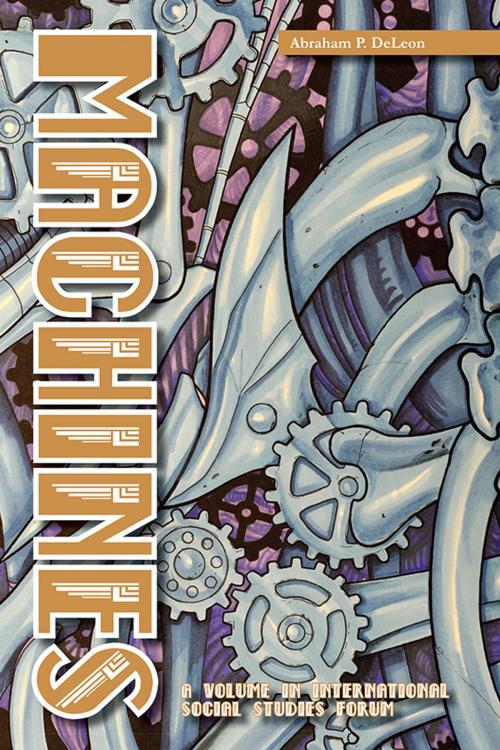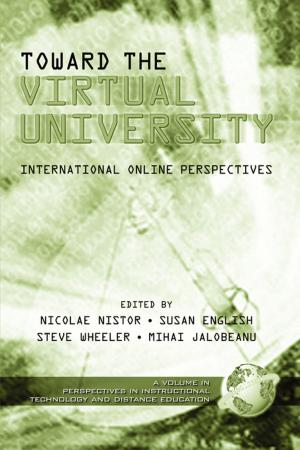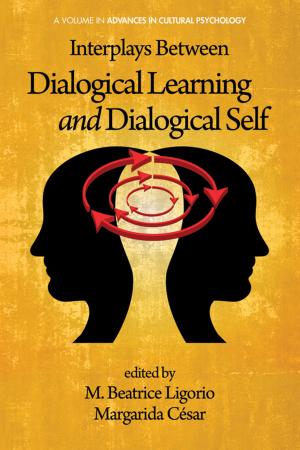Machines
Nonfiction, Reference & Language, Education & Teaching, Social & Cultural Studies, Social Science| Author: | Abraham P. DeLeon | ISBN: | 9781623968823 |
| Publisher: | Information Age Publishing | Publication: | January 1, 2015 |
| Imprint: | Information Age Publishing | Language: | English |
| Author: | Abraham P. DeLeon |
| ISBN: | 9781623968823 |
| Publisher: | Information Age Publishing |
| Publication: | January 1, 2015 |
| Imprint: | Information Age Publishing |
| Language: | English |
This book is about machines: those that have been actualized, fantastical imaginal machines, to those deployed as metaphorical devices to describe complex social processes. Machines argues that they transcend time and space to emerge through a variety of spaces and places, times and histories and representations. They are such an integral fabric of daily reality that their disappearance would have immediate and dire consequences for the survival of humanity. They are part and parcel to our contemporary social order. From labor to social theory, art or consciousness, literature or television, to the asylums of the 19th century, machines are a central figure; an outgrowth of affective desire that seeks to transcend organic limitations of bodies that whither, age and die. Machines takes the reader on an intellectual, artistic, and theoretical journey, weaving an interdisciplinary tale of their emergence across social, cultural and artistic boundaries. With the deep engagement of various texts, Machines offers the reader moments of escape, alternative ways to envision technology for a future yet to materialize. Machines rejects the notion that technological innovations are indeed neutral, propelling us to think differently about those “things” created under specific economic or historical paradigms. Rethinking machines provides a rupture to our current technocratic impetus, shining a critical light on possible alternatives to our current reality. Let us sit back and take a journey through Machines, holding mechanical parts as guides to possible alternative futures.
This book is about machines: those that have been actualized, fantastical imaginal machines, to those deployed as metaphorical devices to describe complex social processes. Machines argues that they transcend time and space to emerge through a variety of spaces and places, times and histories and representations. They are such an integral fabric of daily reality that their disappearance would have immediate and dire consequences for the survival of humanity. They are part and parcel to our contemporary social order. From labor to social theory, art or consciousness, literature or television, to the asylums of the 19th century, machines are a central figure; an outgrowth of affective desire that seeks to transcend organic limitations of bodies that whither, age and die. Machines takes the reader on an intellectual, artistic, and theoretical journey, weaving an interdisciplinary tale of their emergence across social, cultural and artistic boundaries. With the deep engagement of various texts, Machines offers the reader moments of escape, alternative ways to envision technology for a future yet to materialize. Machines rejects the notion that technological innovations are indeed neutral, propelling us to think differently about those “things” created under specific economic or historical paradigms. Rethinking machines provides a rupture to our current technocratic impetus, shining a critical light on possible alternatives to our current reality. Let us sit back and take a journey through Machines, holding mechanical parts as guides to possible alternative futures.















